A Beautiful Book About His Neighborhood
Long before a 2018 award-winning documentary chronicled his life and well before Tom Hanks pulled on a red cardigan for a 2019 biopic that does the same, Shea Tuttle ’06 boarded Mister Rogers’ neighborhood trolley in her childhood as an adoring devotee and rode it into her adulthood as a talented writer. As her new book about the American icon hit bookstore shelves across the country this fall, Tuttle was delighted — if not a bit overwhelmed — to add to the Fred Rogers lexicon that has picked up steam and delivered once again its uplifting message of acceptance and goodness into American hearts at a time when it’s needed more than ever.
Tuttle is the author of Exactly as You Are: The Life and Faith of Mister Rogers, a care-filled work that takes a deeply personal and theological look at the life and beliefs of the late Fred Rogers, who died in 2003. She started the biography more than two years ago, and now, the timing of its release is both unplanned impeccability.
“I didn’t know the documentary [Won’t You Be My Neighbor?] was coming out last year. Then the pace of Mister Rogers interest picked up with the Tom Hanks movie just coming out, which is both exciting but also sort of terrifying,” Tuttle admits. “I was like, ‘Oh my gosh, I thought I was writing this little quiet book off in the corner.’ It’s not that the book is center stage, but Fred is. And that’s great. It’s just a bit of a surprising feeling.”
Holding a master’s degree in divinity from the Candler School of Theology at Emory University, Tuttle has also always had an interest in writing, especially about biography through a theological lens. The Mister Rogers book idea, then, was a natural for her, and it germinated while she was serving as the editor of a biographical collection called Can I Get a Witness? Thirteen Peacemakers, Community Builders and Agitators for Faith and Justice — a book about people from history who made connections between their faith commitments and their lived lives. Its purpose, Tuttle explains, is to “to recall these figures from the past and offer their stories as a kind of resource for people who might want to engage the world more deeply and meaningfully in ways to make positive change.”
That book was published this past February through The Project on Lived Theology at the University of Virginia, where she worked at the time. And it was a conversation at UVA that planted the seed for Exactly As You Are.
“My director at The Project on Lived Theology, Charles Marsh, turned to me and said, ‘Shea, if you were going to write about somebody for Can I Get a Witness? who would you write about?” she recalls. “I didn’t know offhand because I don’t have that kind of stored history in my mind to think about who I would want to spend time with [researching and writing]. Then, that same day, I was driving home from work and all of a sudden it occurred to me somehow: ‘Oh my gosh, I would write about Fred Rogers.’”
“Without using overt language of faith on the air, Mister Rogers relentlessly preached his gospel: you are loved just the way you are.”
Her mind would not let that thought go, even though Tuttle did not include Rogers in her first edited book. In many ways, he was indeed a peacemaker, community builder and faithful activist for children, but as she took a deeper dive into her childhood friend’s life, ways and beliefs for an independent study for her MFA program in writing at Spalding University, she realized that she had much more with which to work. Fred Rogers was a complicated, intelligent, talented, quirky, driven and profoundly faith-filled husband, father, ordained minister and public TV personality. She felt that all of him deserved a full-fledged, fully-formed book, not just a chapter in one. She sent a book proposal to Eerdmans Publishing based on that independent-study essay. It was accepted, and her Rogers work began, all while she was also completing Can I Get a Witness?
To start, Tuttle became familiar with two other books written about Fred Rogers: The Simple Faith of Mr. Rogers and Peaceful Neighbor. “Michael G. Long (the author of Peaceful Neighbor) was actually one of the very first people I called when I started,” Tuttle says. “He’s been so generous and helpful. At some point I told him, ‘I don’t know if I would have a book if you didn’t have a book.’ It gave me a lot of a sense of where I wanted to go.”
In addition, she scoured through numerous letters, speeches and magazine articles. She talked with several Rogers biographers and relatives, as well as cast members, writers and consultants from Mister Rogers’ Neighborhood, and the CEO of the Fred Rogers Company. “It was kind of a revelation to me to realize that I could pick up the phone and call someone who knew him and say, ‘Hi, I’m someone you don’t know. Would you tell me about Mr. Rogers?’ And they would just tell me,” she laughs appreciatively. In all, she conducted at least 19 interviews with 14 different people to glean new insights about the gentle man in sneakers and a sweater.
Now that the book is in print, giving the late Fred Rogers another revival, what is a prominent lesson she hopes readers take away about the famously kind man?
“That there’s a risk of flattening him if we make him only about kindness,” exclaims Tuttle. “Because when I think back to his neighborhood, to the actual show, he didn’t teach kids to be kind. He taught kids that they were good, that they were lovable, that he liked them exactly as they were. I think it was his belief that if we believe we are good and lovable and enough, then we’re in a much better position to extend love. Yes, kindness came across [on the show], but he got to it through affirmation, ‘I like you exactly as you are,’ instead of through, ‘Hey, you really should be kind.’”
“Shea clearly understands Fred Rogers’ theology and how it informed everything he did,” explains David Bratt, Tuttle’s editor at Eerdmans. “Her writing style is as warm and invitational as Fred Rogers himself, but that writing carries penetrating insight, too. She isn’t afraid to ask hard questions about who he was and how he acted. Nevertheless, her deep appreciation for who he was really shines through. She ‘gets’ Fred — that’s obvious. And her writing is a joy and pleasure to read.”
A religion major and music minor at Hope, Tuttle credits a number of faculty for nurturing her bend toward theological and writing pursuits: Dr. Jeff Tyler ’82, Dr. Lynn Winkels ’81 Japinga and the late Dr. Allen Verhey from the Department of Religion for giving her room to reason, question and test her faith; Jack Ridl, professor emeritus of English, for helping her hone her writing voice and talent. Remembering each revives fond memories of what living a life of the mind looks and feels like. “Academic study became a haven for me in trying to take faith seriously but also being able to interrogate it,” she explains. “And then I took as many writing classes as I could at Hope. That was all really important in my time there.”
Ridl clearly recalls Tuttle’s bright mind and humble personality while she was a student at Hope. Those qualities were subsumed in her writing and made her a creative-writing standout, he says. “Shea carried her uncommonly penetrating insight with such a winsome modesty. Early on I was able to say to her that she had ‘it,’ that ineffable something one can’t explain but is recognizable, and which a real and distinct writer must have. I knew she would become an excellent writer because it was clear that she would make sure her approach to any subject would be one of service. Other than offering her technical skills and questions that opened up options, I tried my best to get out of Shea’s way.”
Riding the newest wave crest of resurgence in Fred Rogers’ popularity was never Tuttle’s goal. She simply wanted to tell a meaningful story about a formative “neighbor” in her life. While it’s true that Rogers is still a dominant and endearing voice though he’s no longer alive, it’s also true that he possesses considerate and considerable wisdom to ameliorate the tension found in American society today.
“No matter what’s going on culturally, I think people have a hunger for the kind of affirmation Fred Rogers gave,” Tuttle surmises. “That’s kind of the human condition in general, but when there’s so much fear and hatred added in, I think people long for that affirmation even more.”
So then, from a woman who believes in the power of lived theology (after all, she now has two books published in less than a year on and around the topic) comes a thorough look at a purposeful life lived to uphold children and thus our future. The message of her beloved book about the kindhearted, influential neighbor from many Americans’ childhoods (and, yes, their adulthoods too) may be just this:
Would that we all could be a little more like Fred McFeely Rogers.
“No matter what’s going on culturally, I think people have a hunger for the kind of affirmation Fred Rogers gave. That’s kind of the human condition in general, but when there’s so much fear and hatred added in, I think people long for that affirmation even more.”
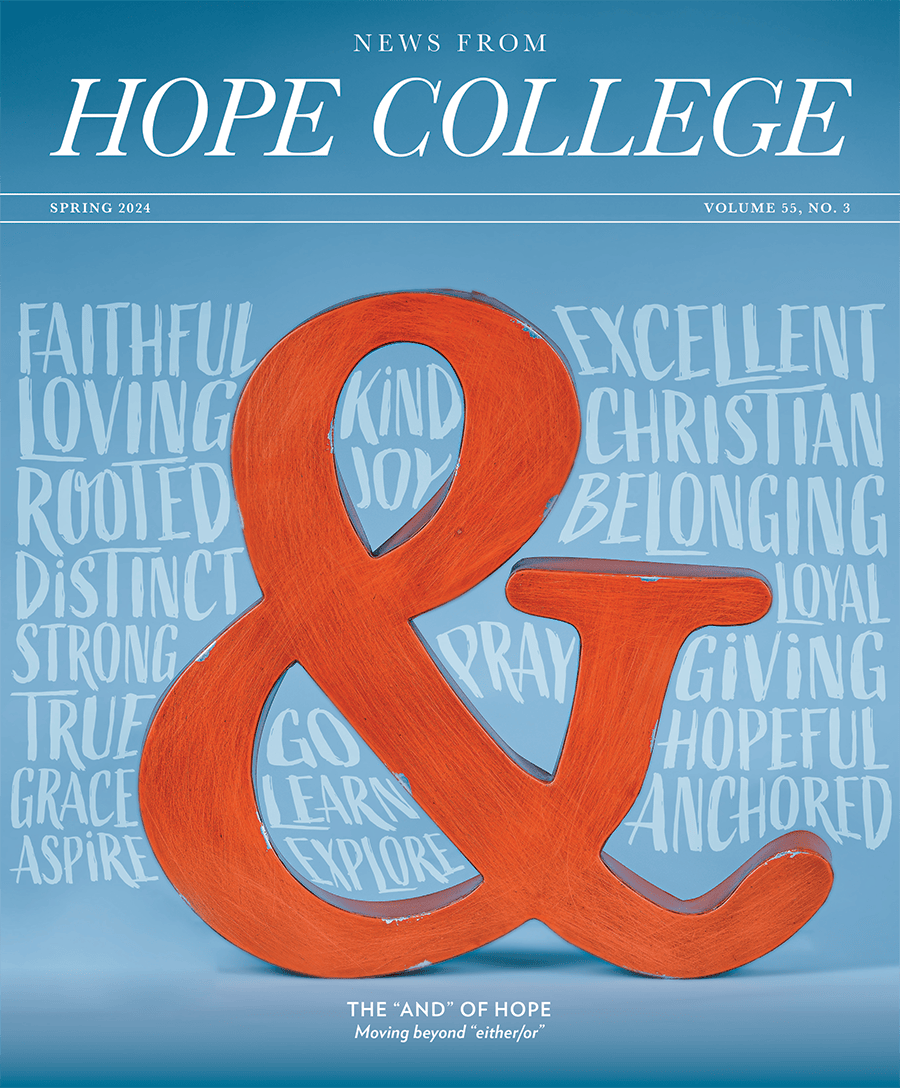
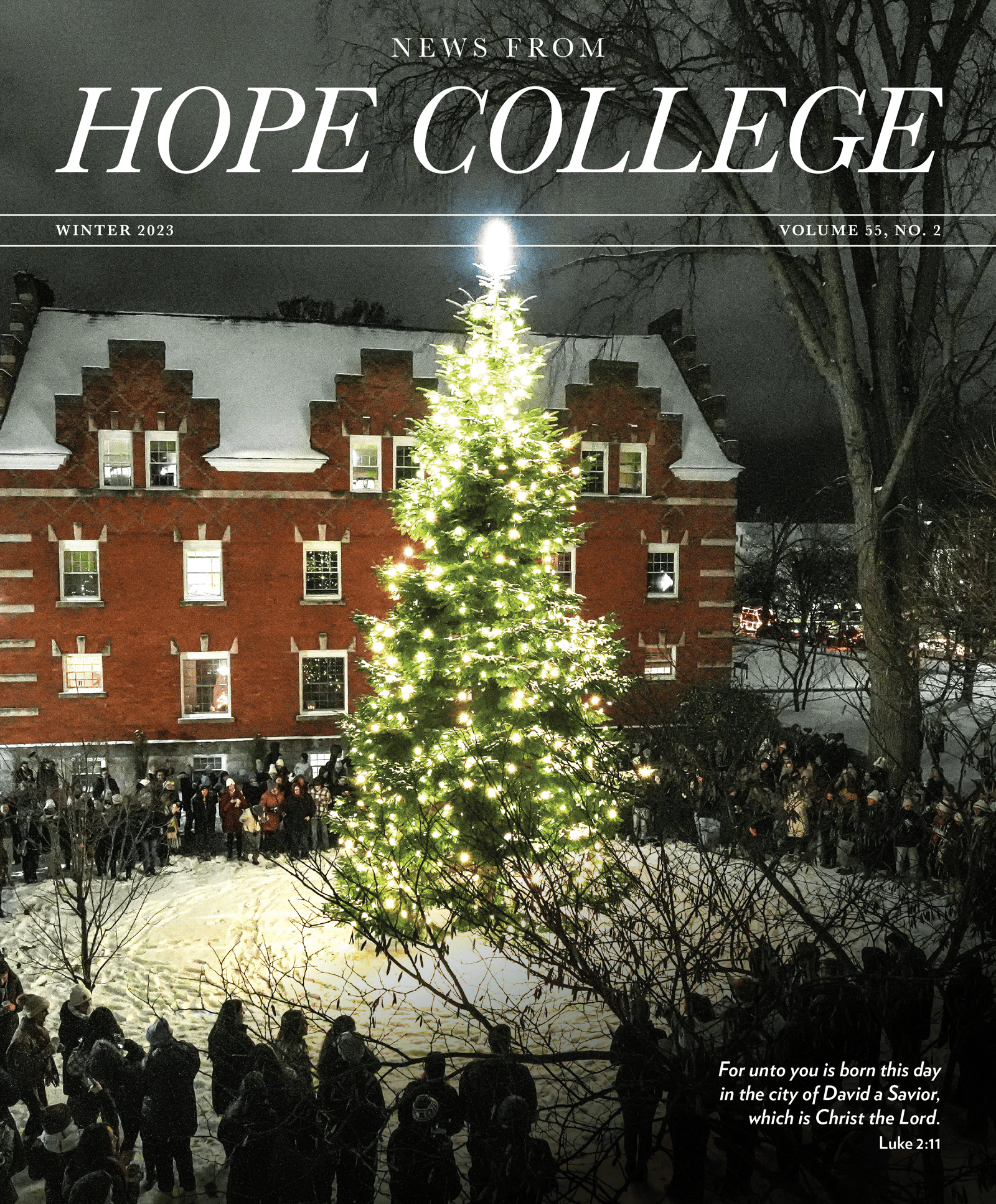
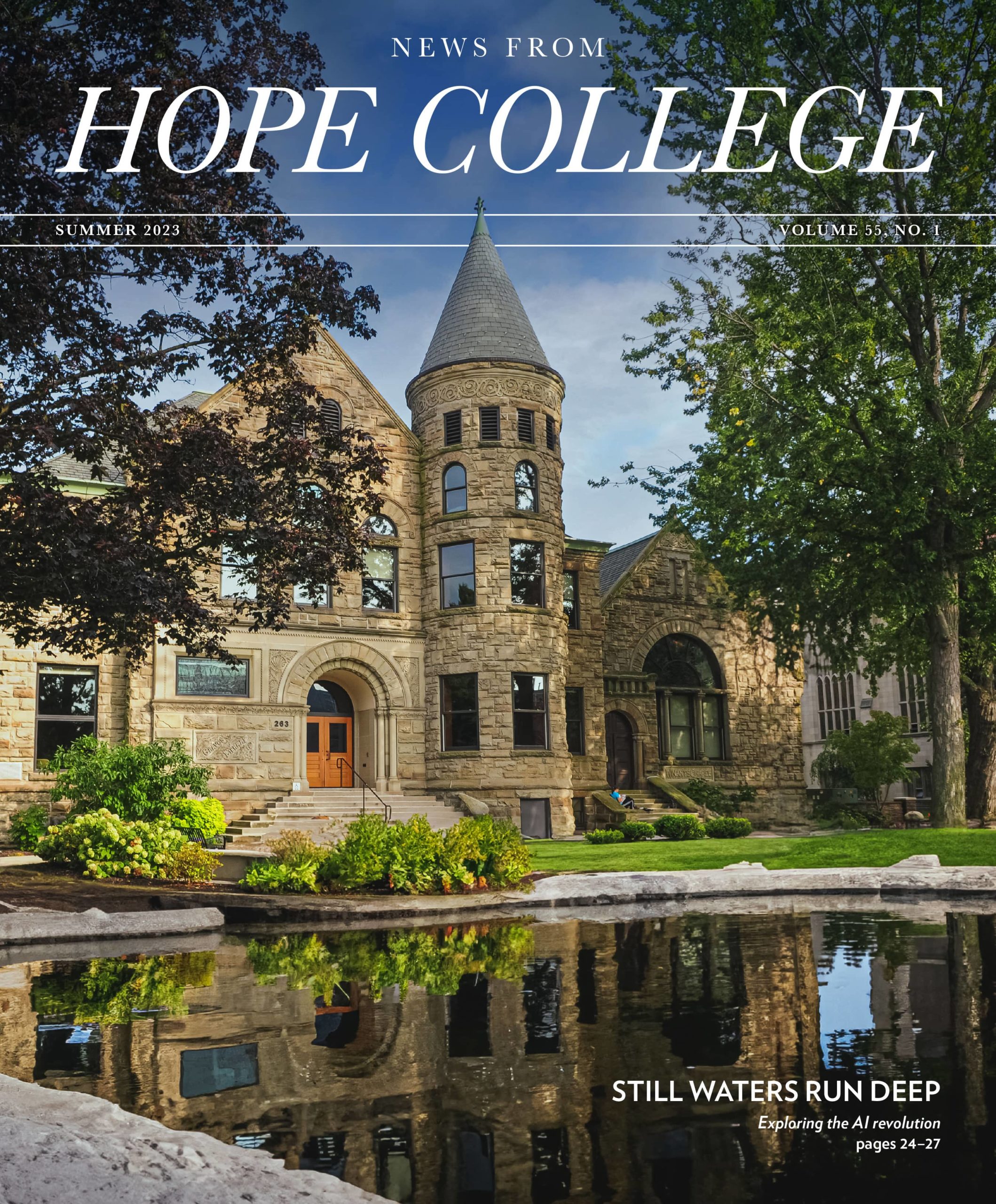
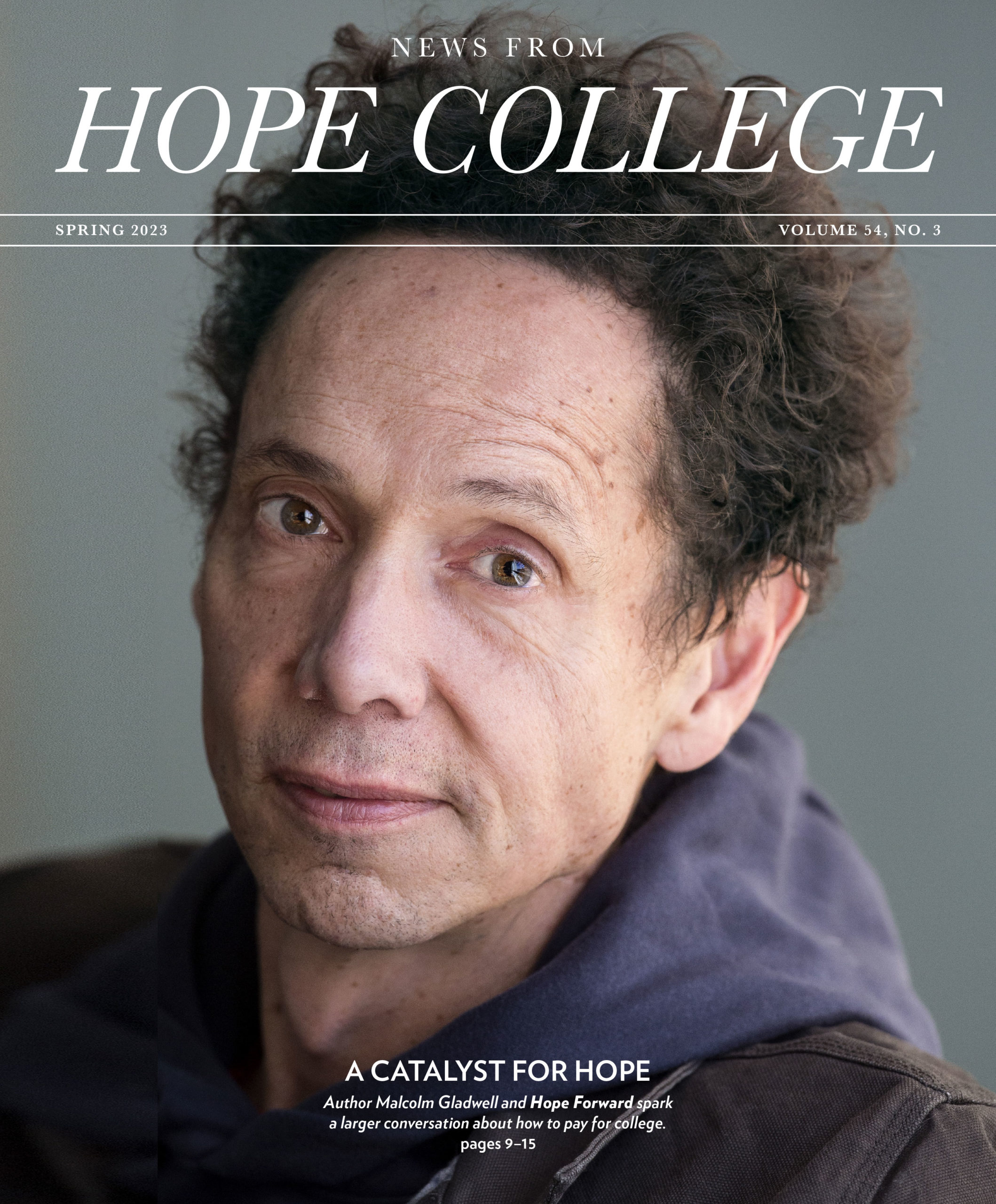
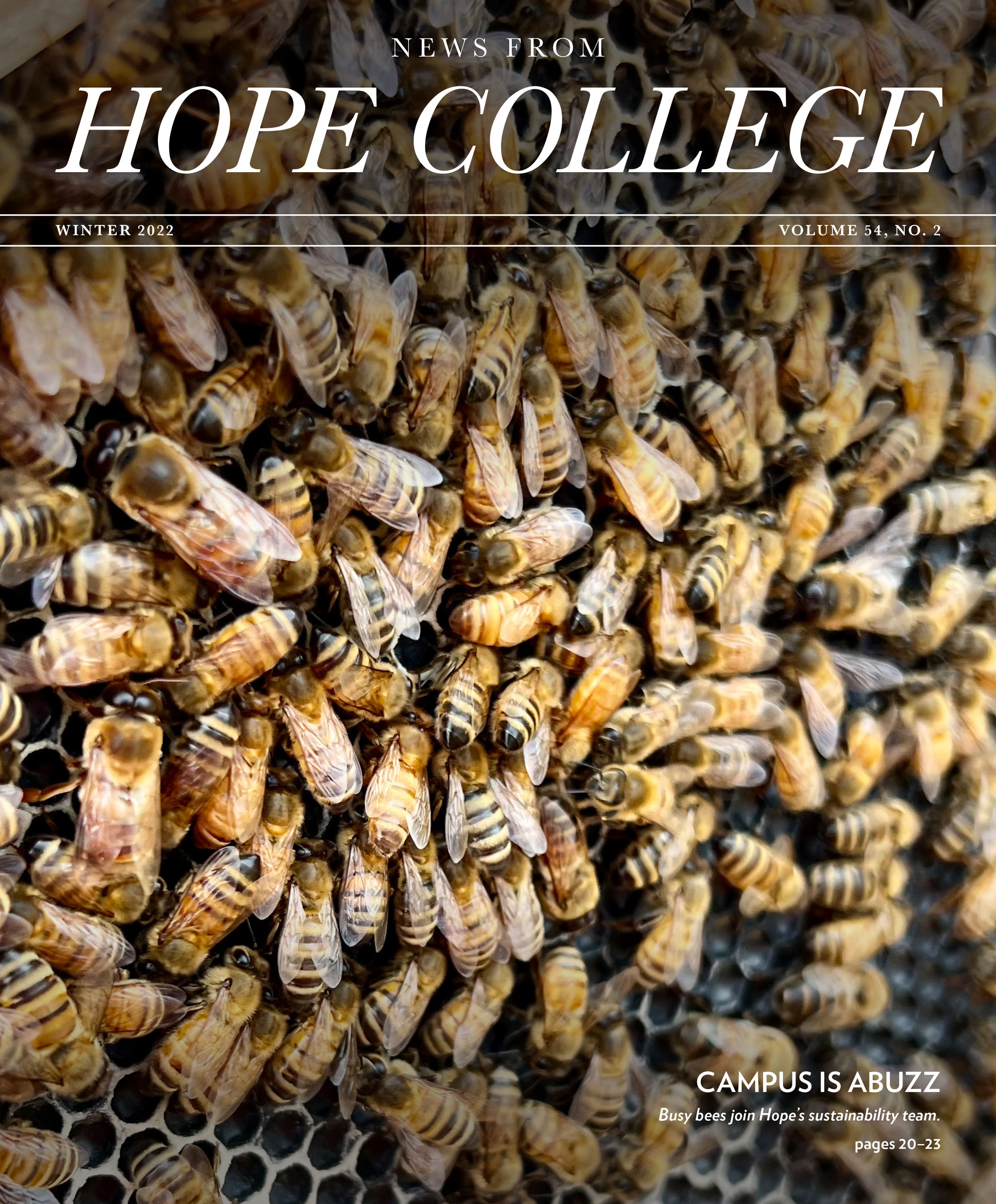
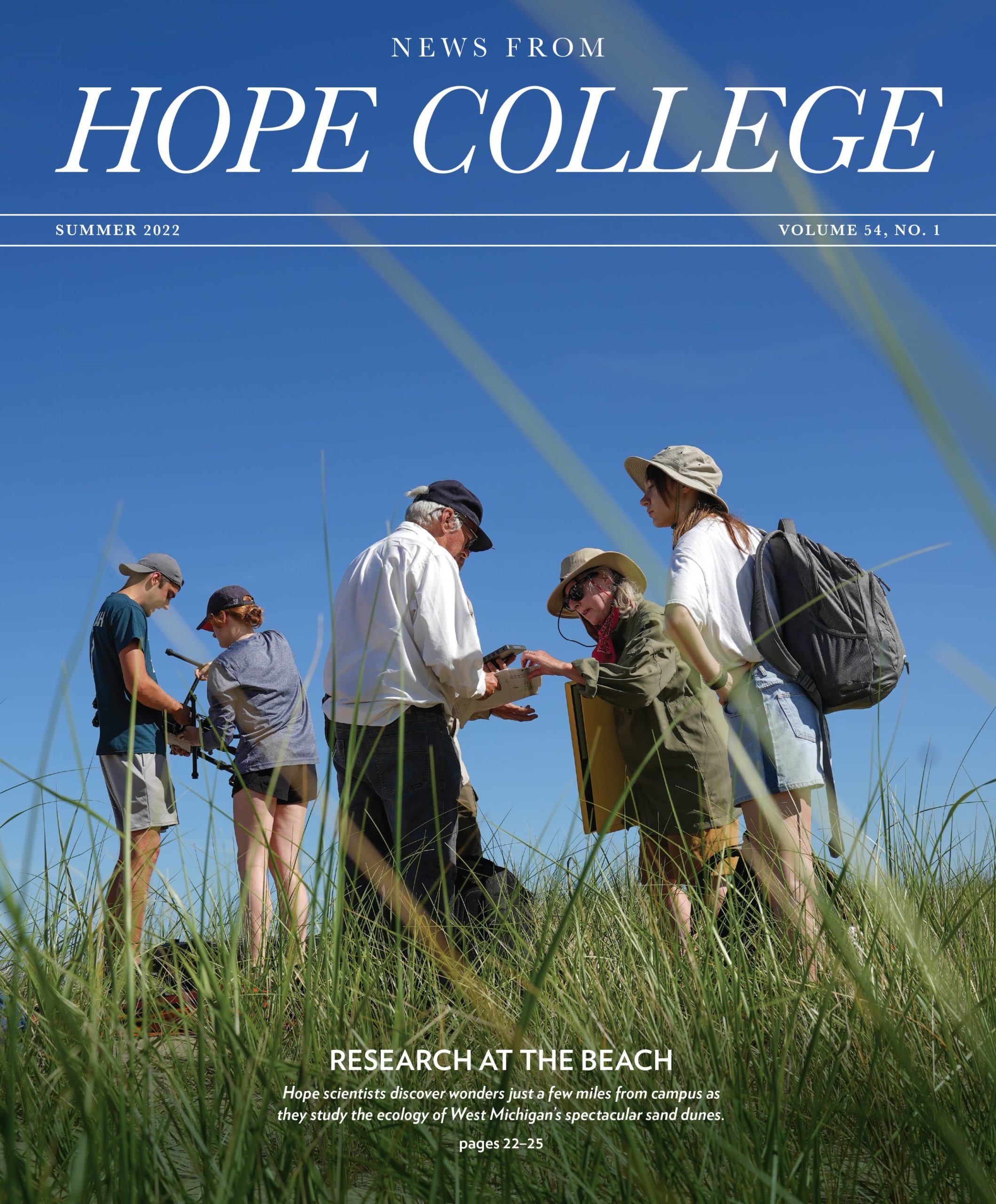
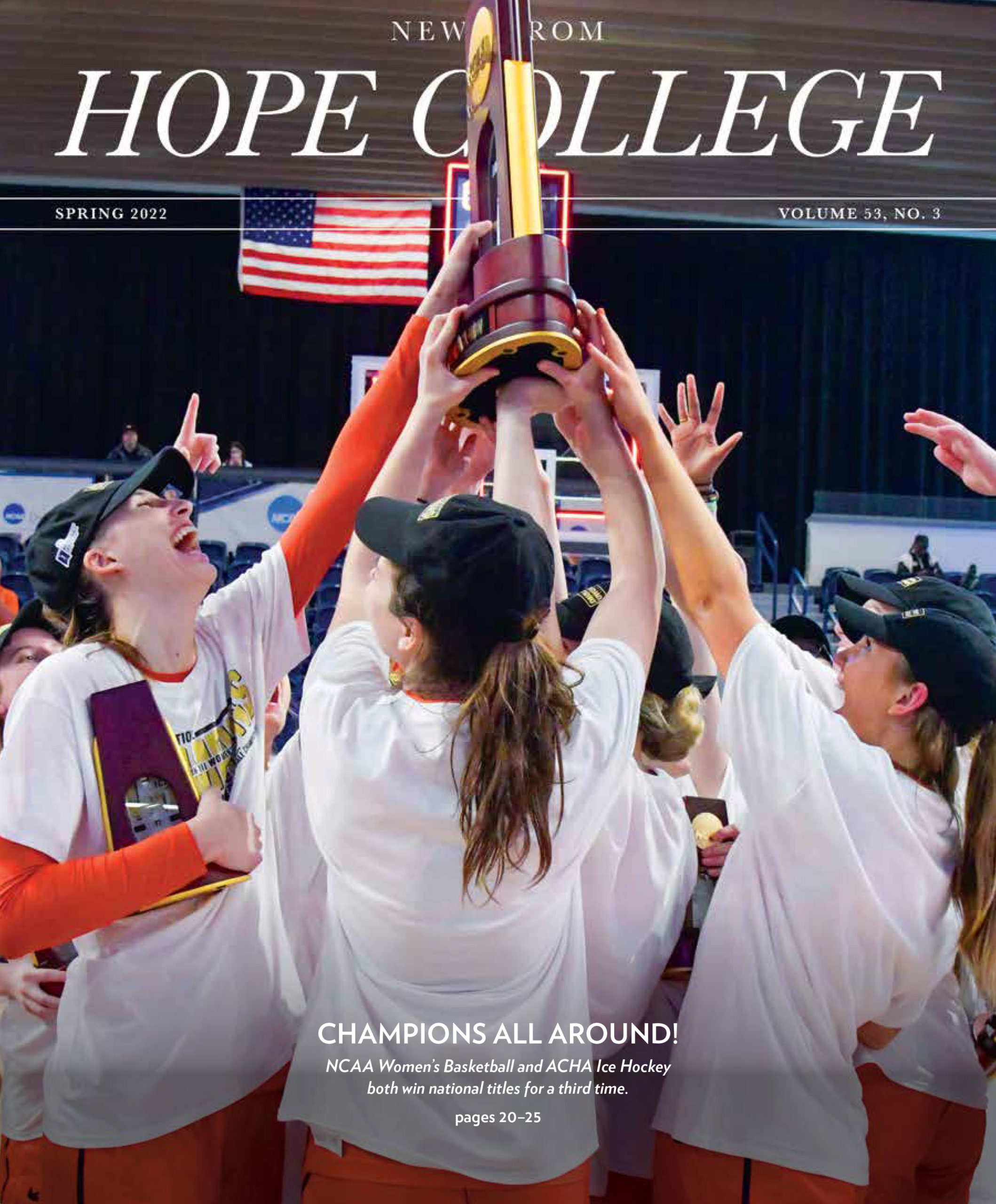


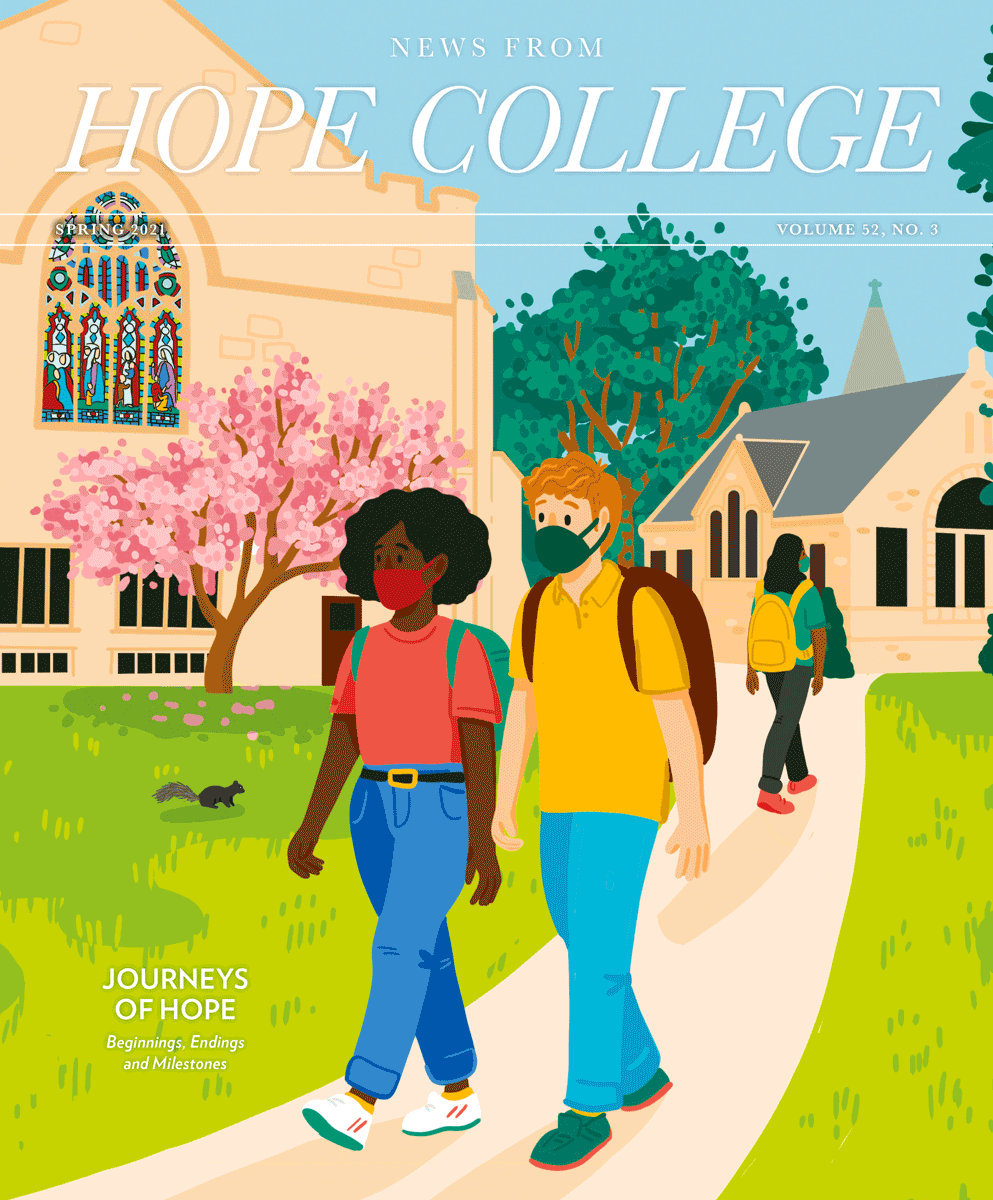
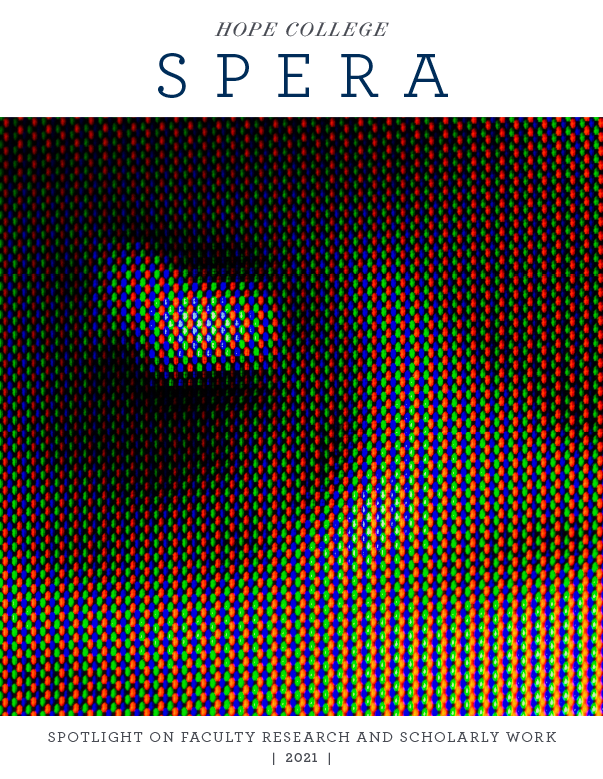
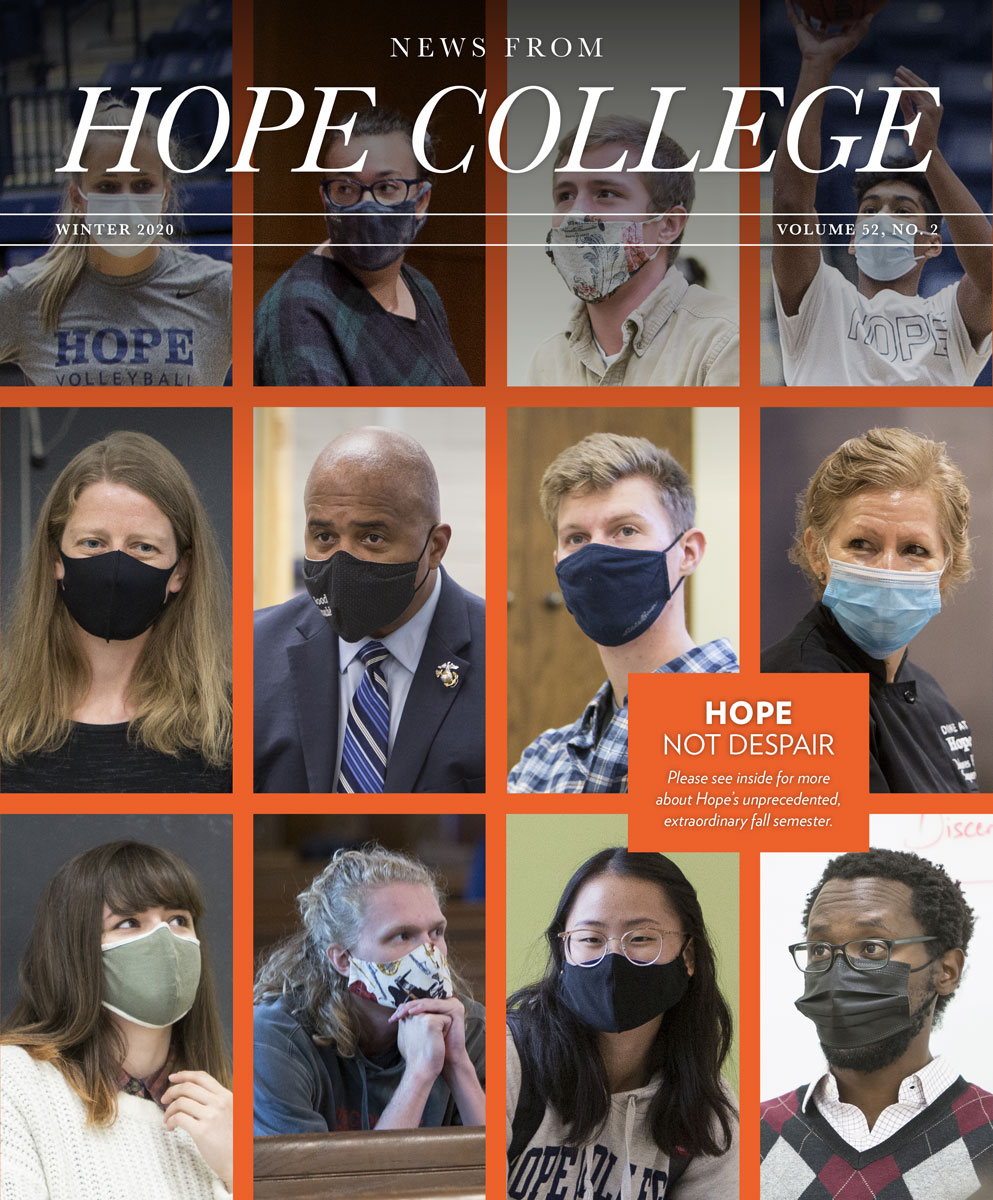
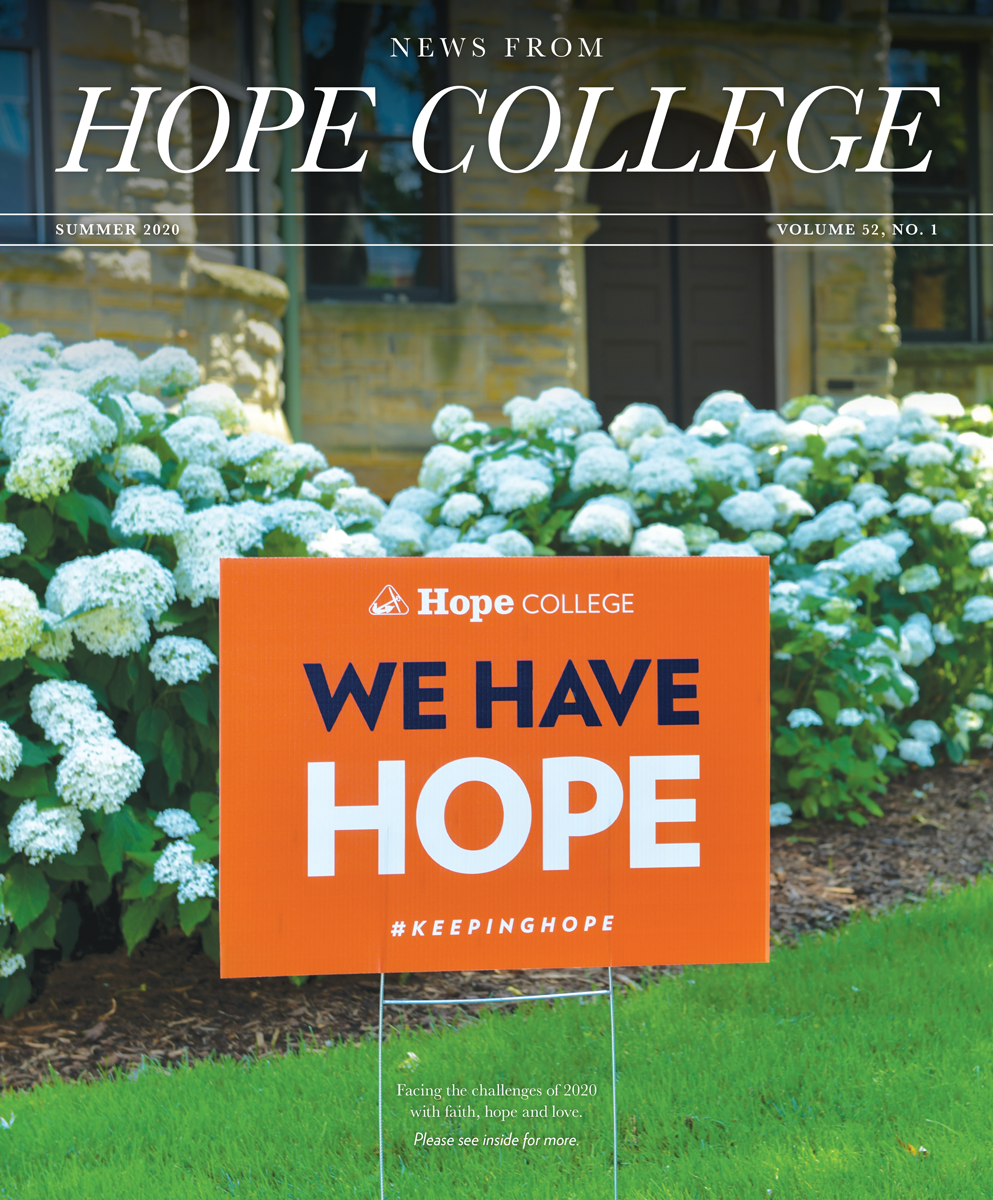


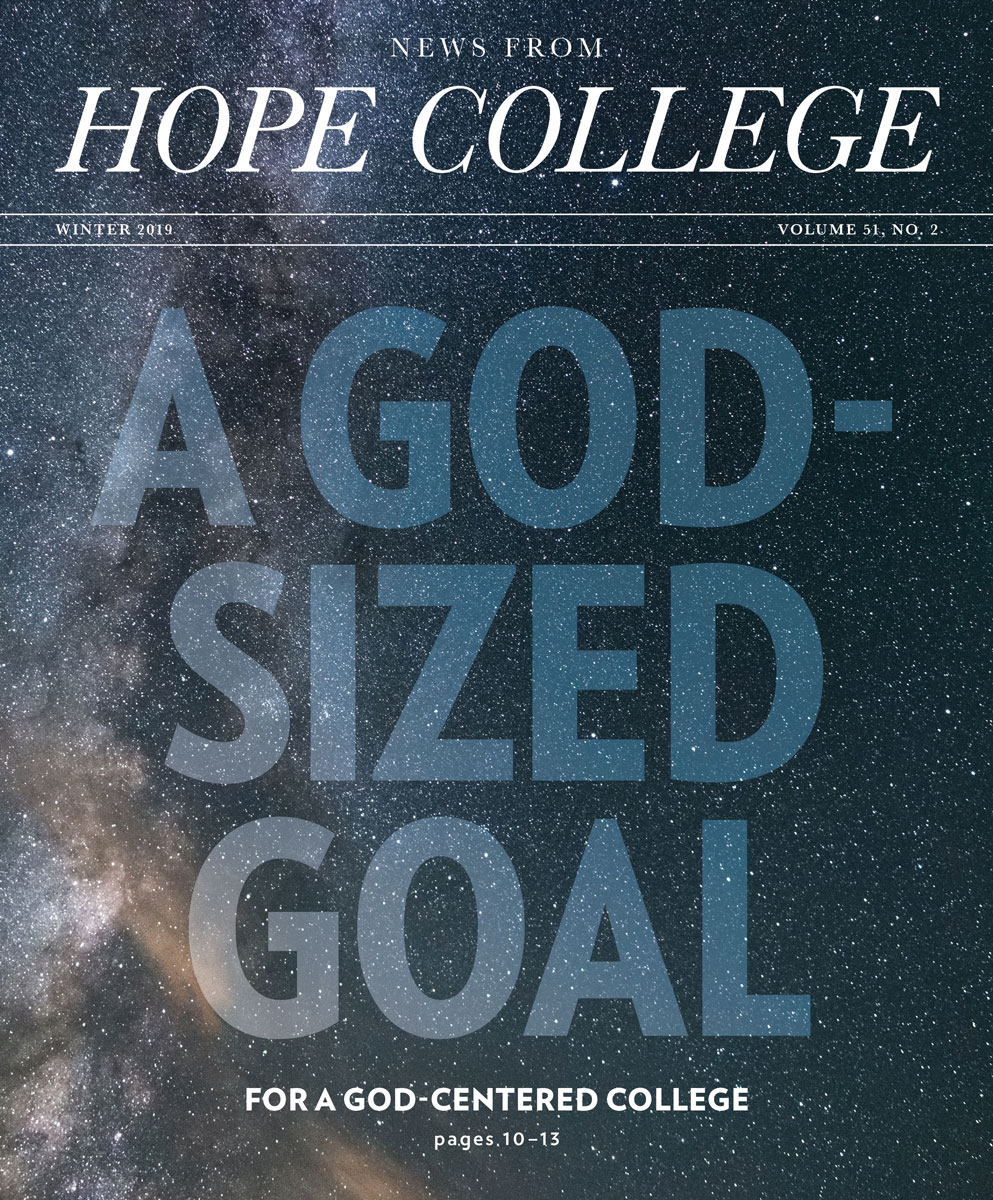
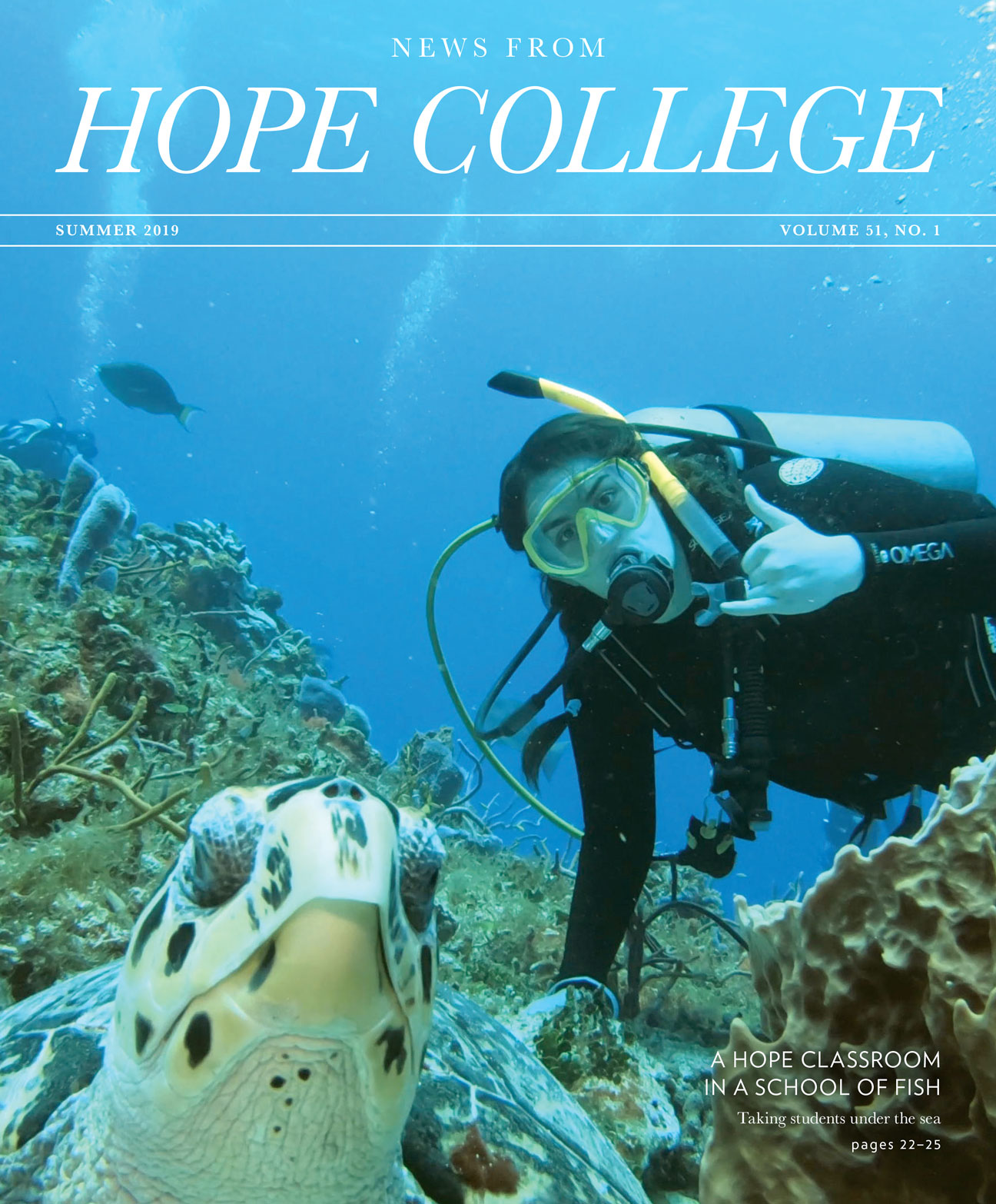
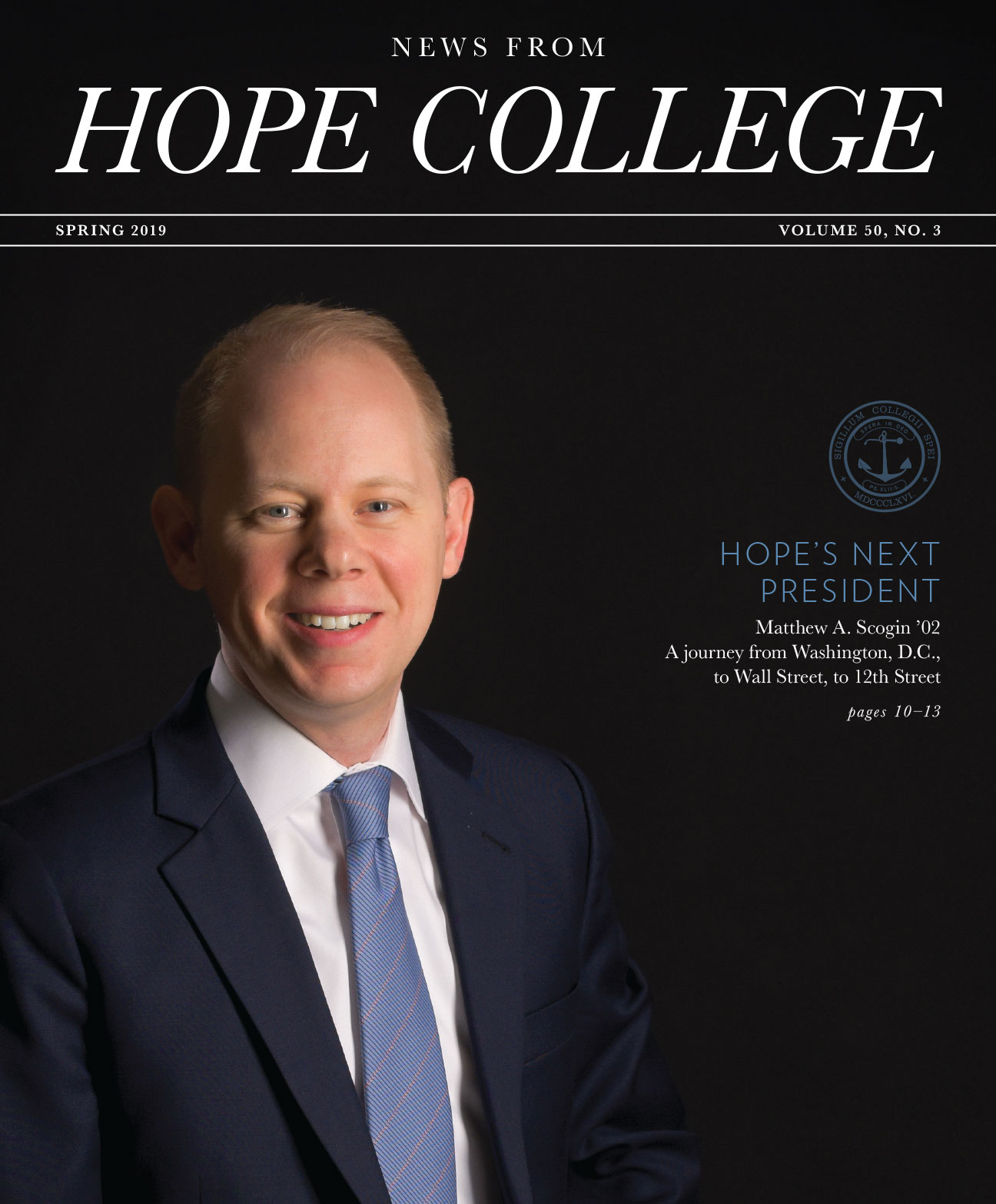
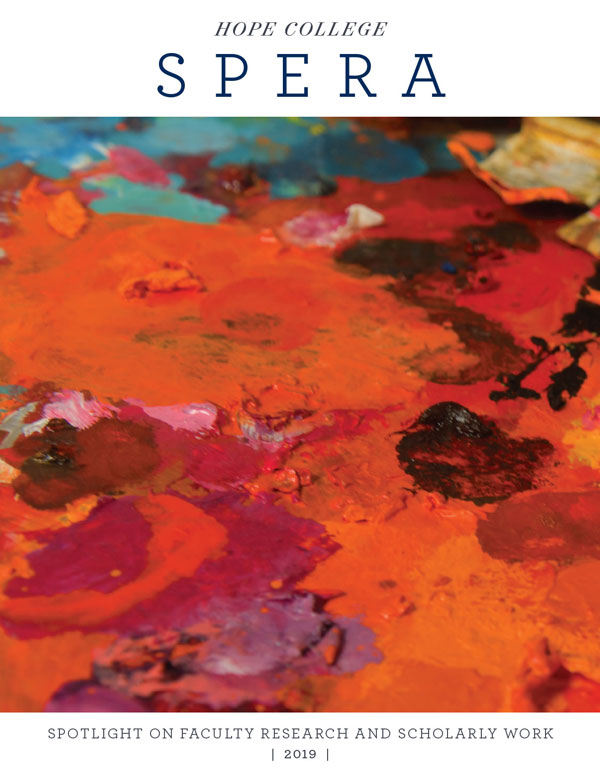
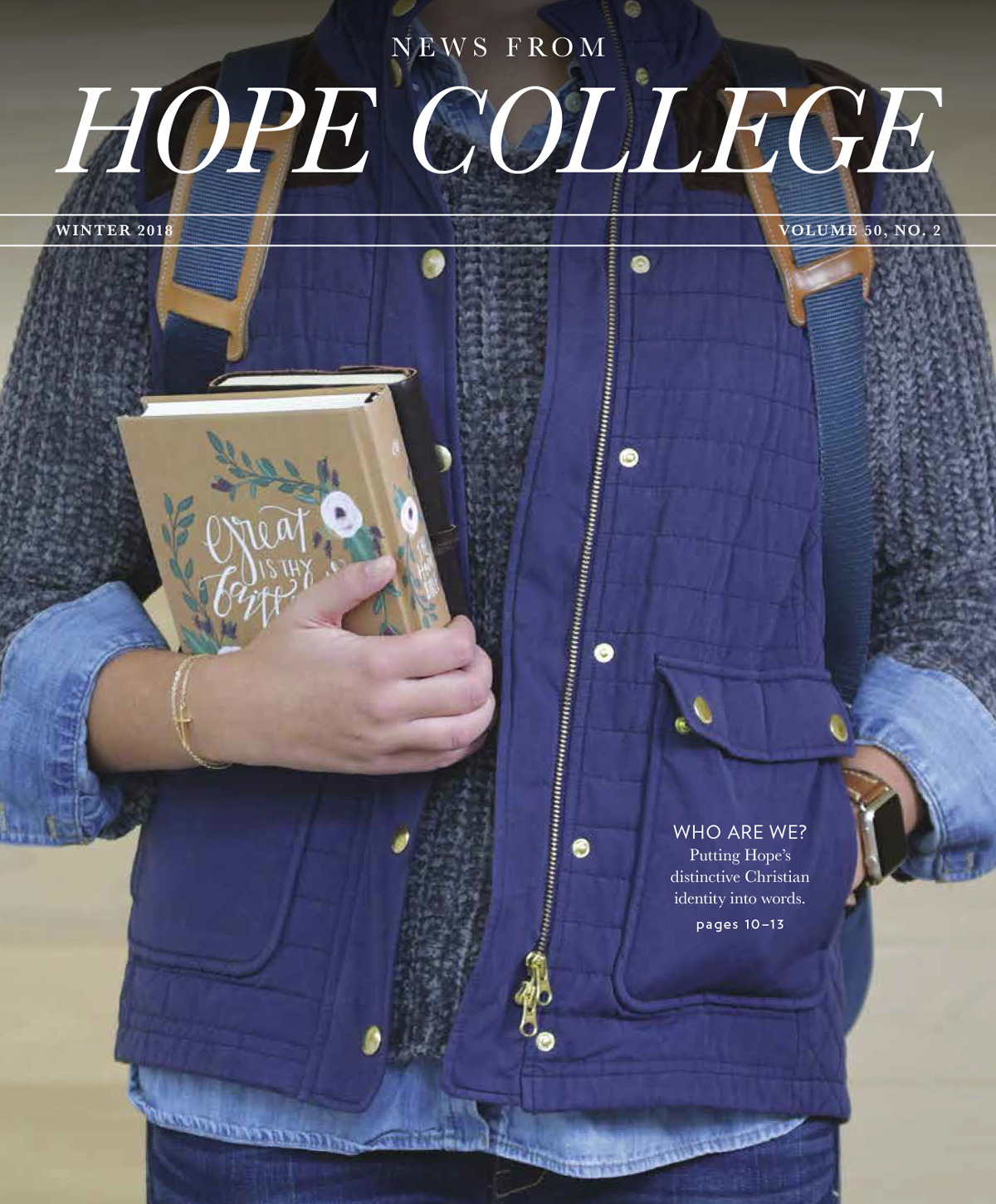
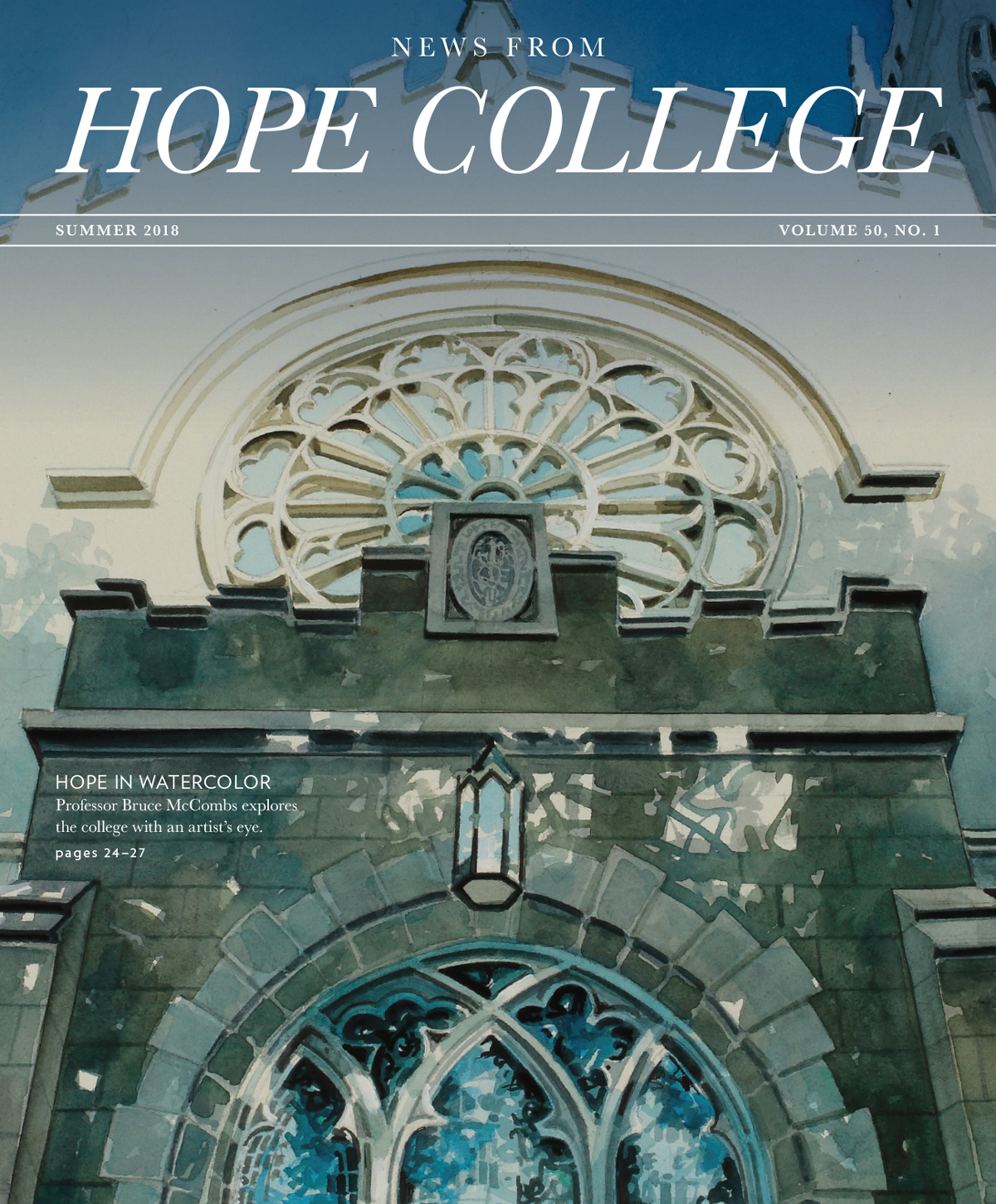
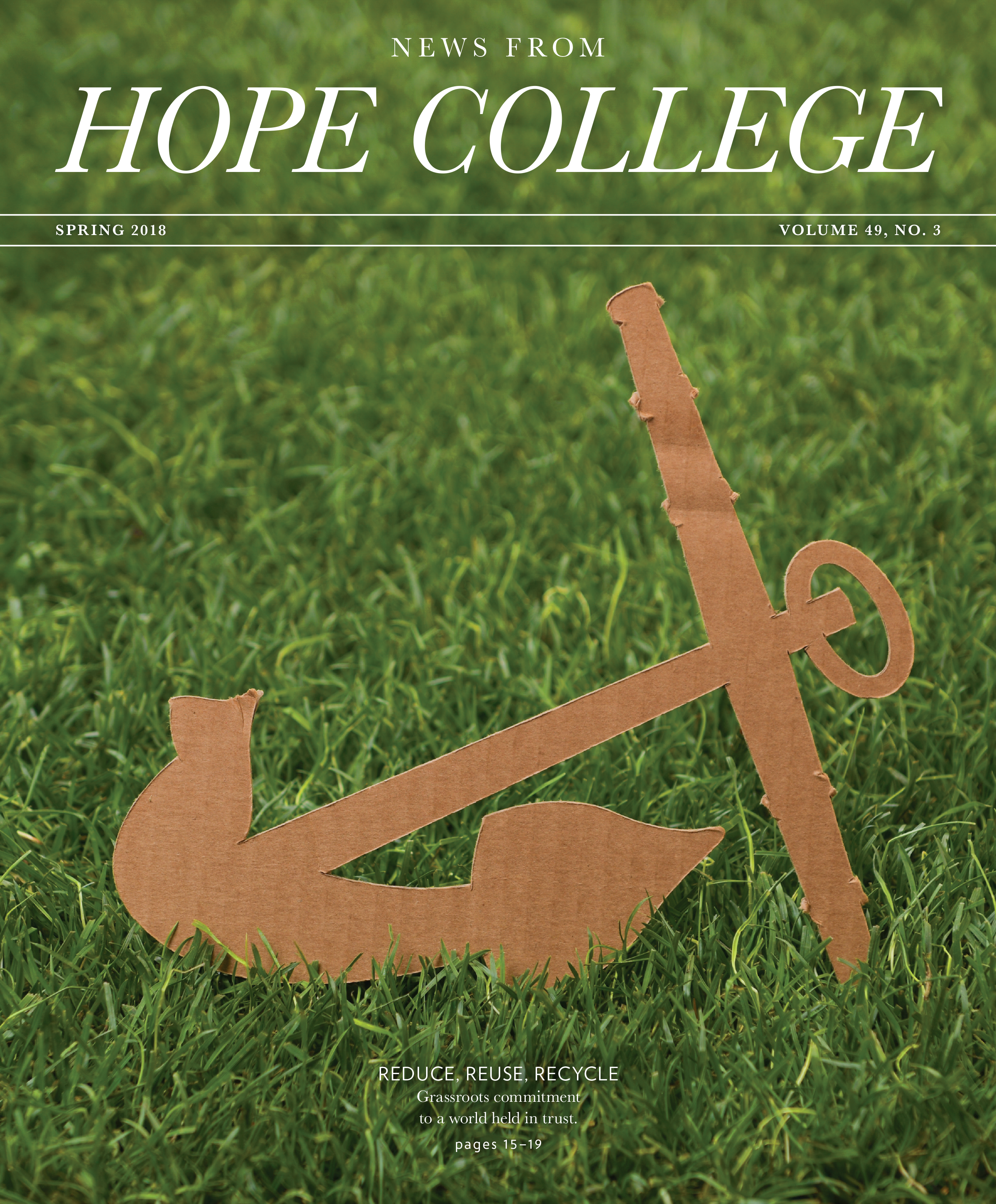

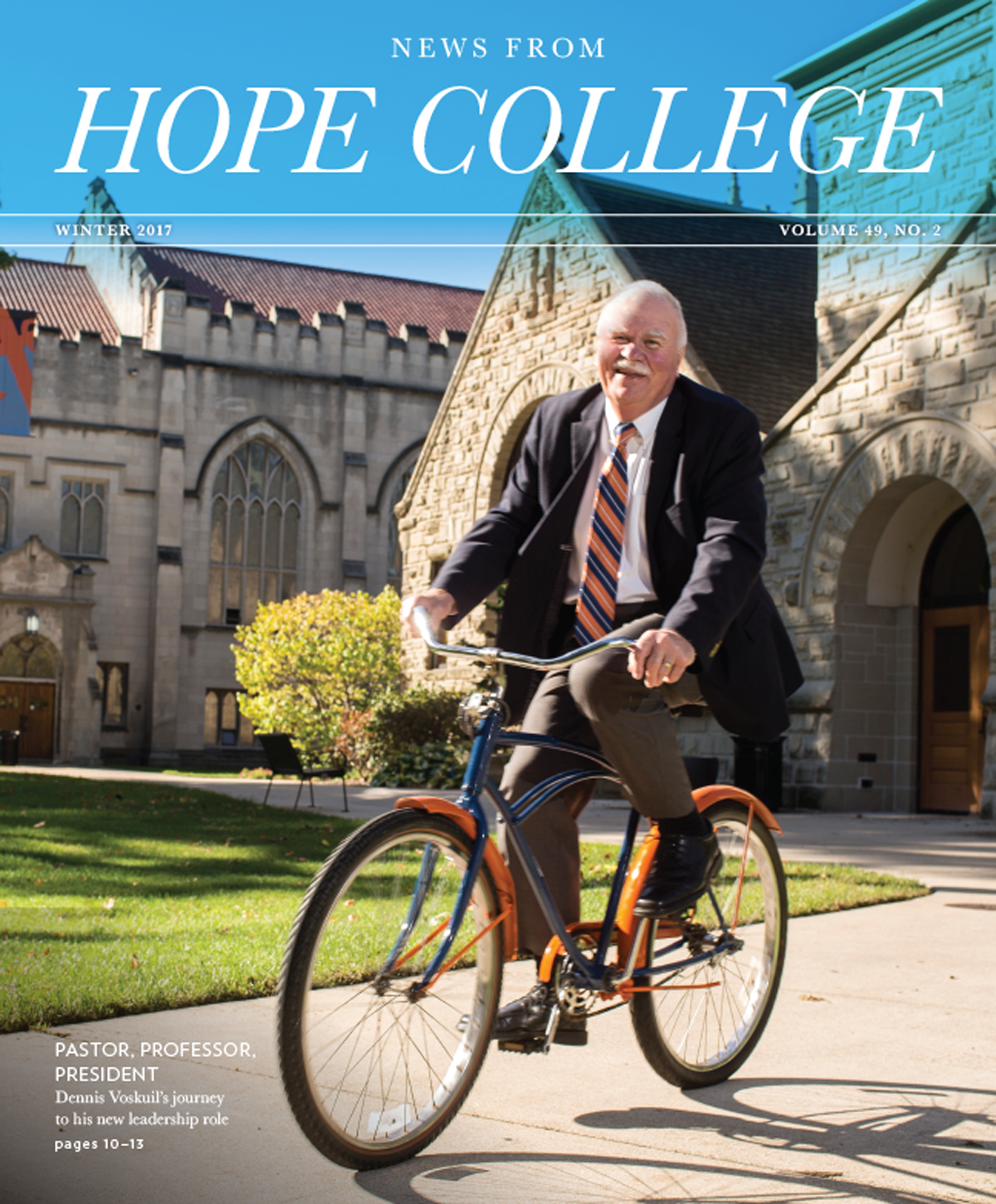
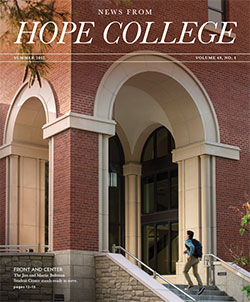
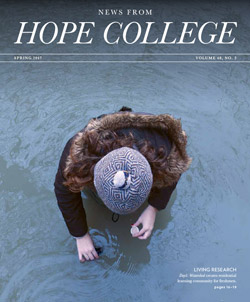
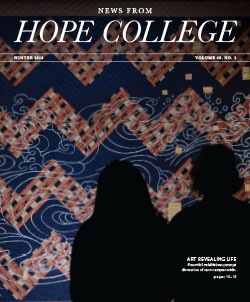
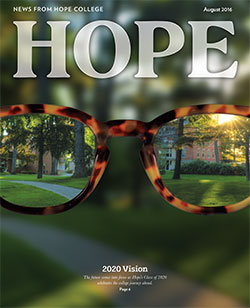
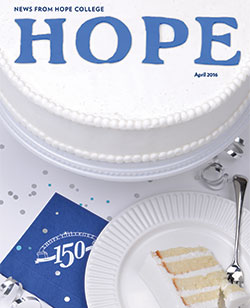
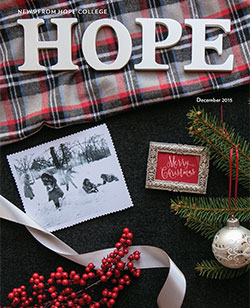
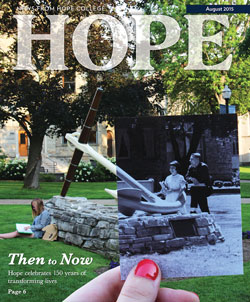
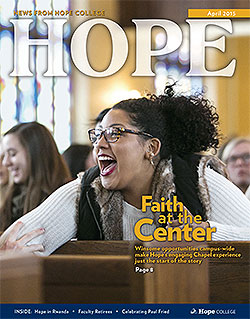
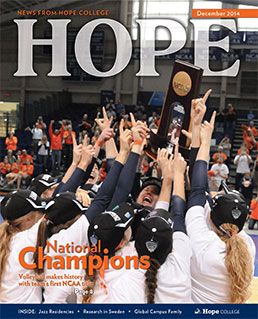
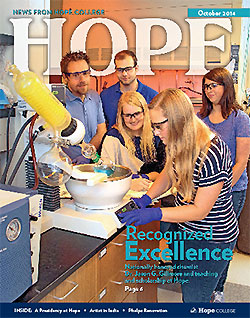

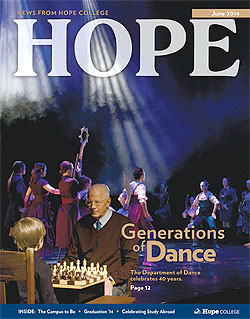
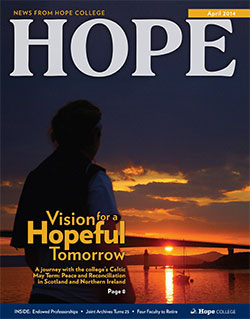
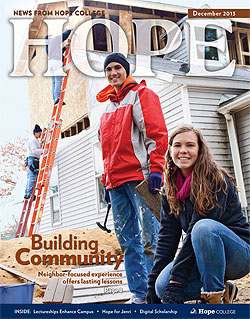

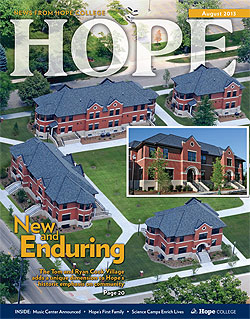

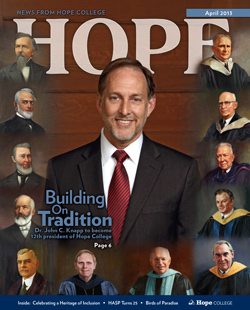
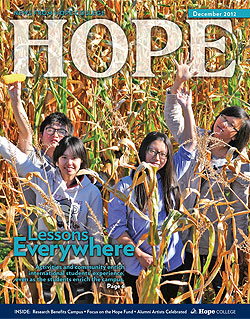
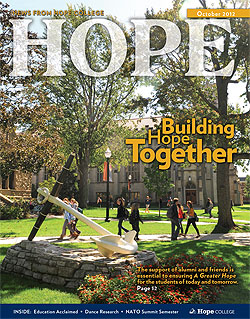
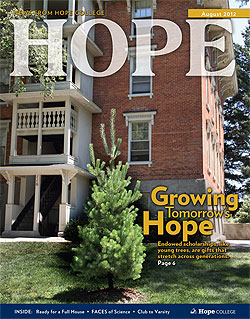
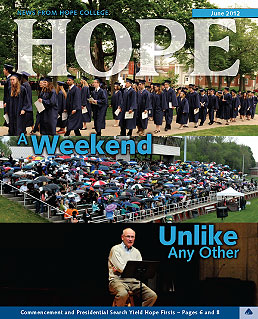


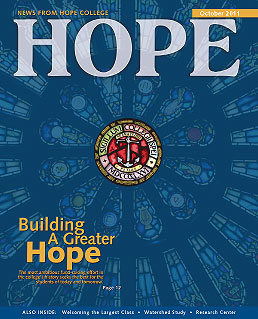
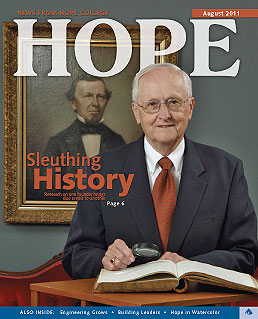
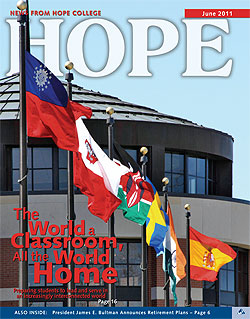
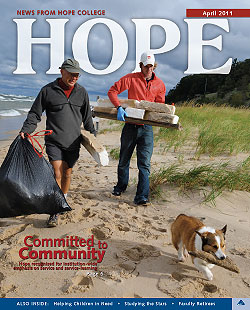
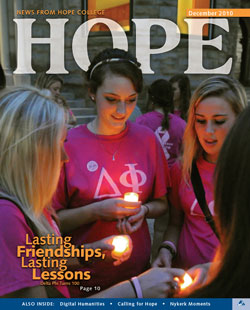

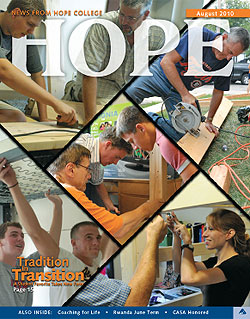
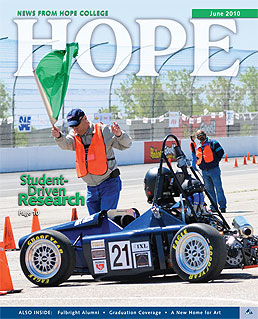
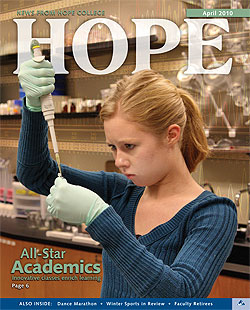
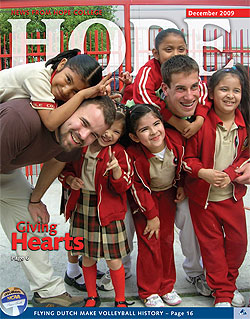
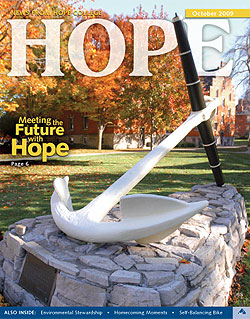

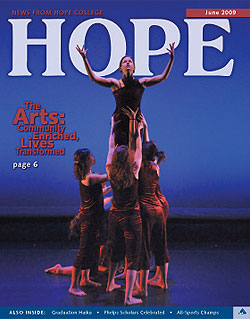
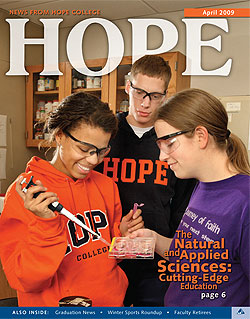

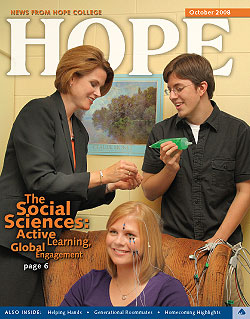

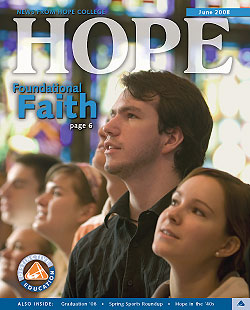
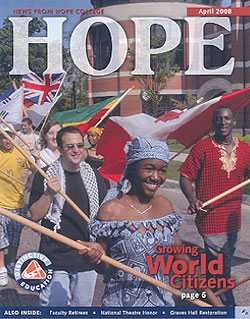
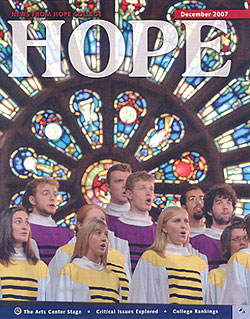
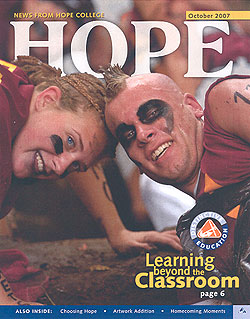
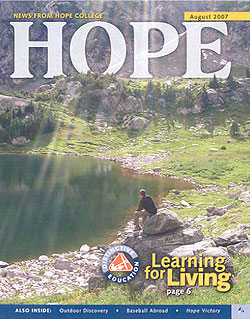
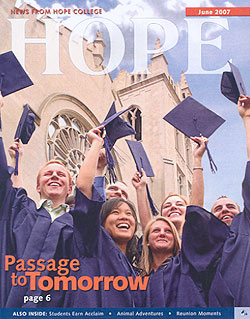
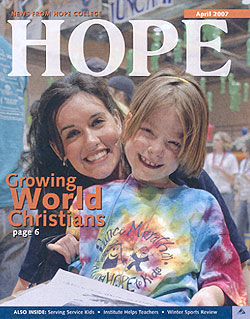
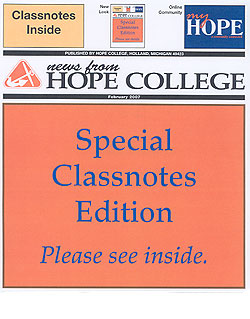
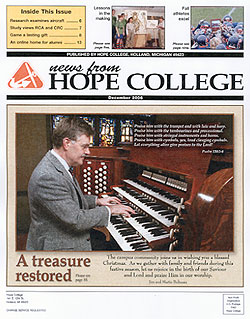
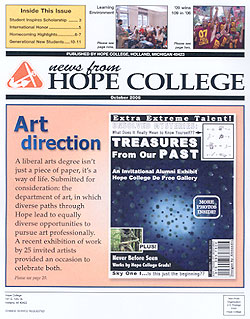
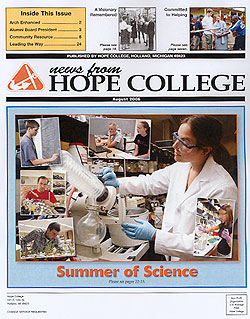
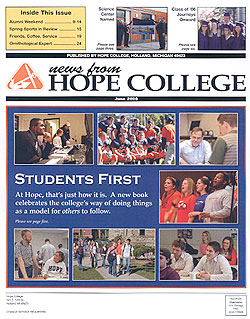
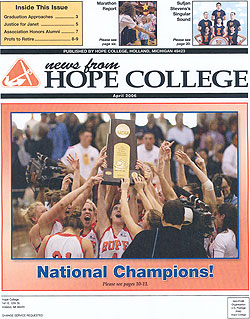
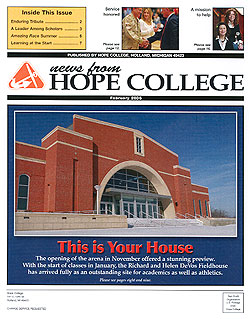
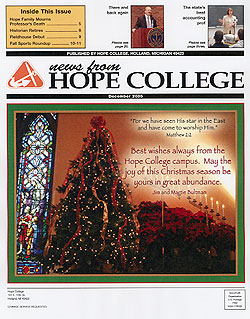
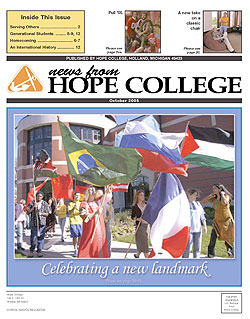
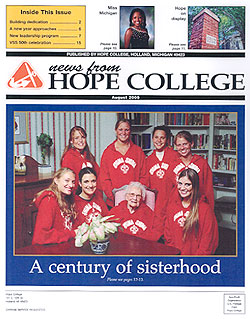
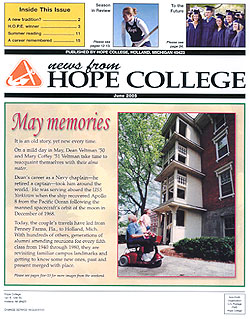
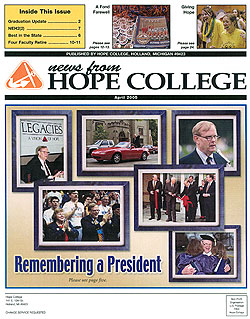
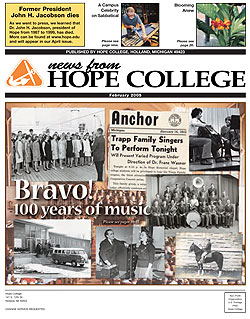
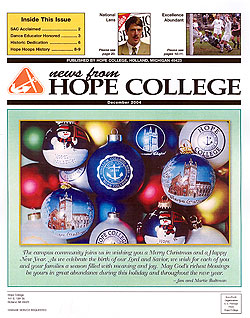

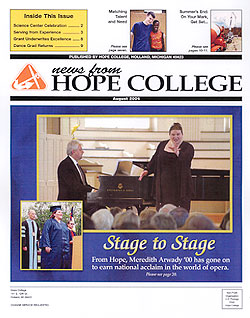
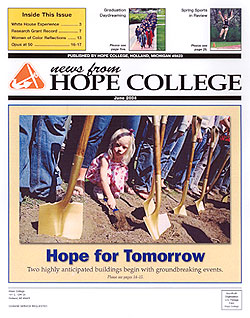
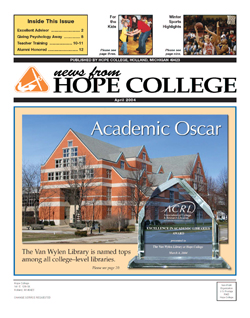
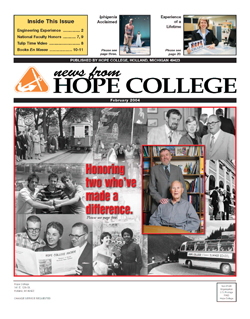
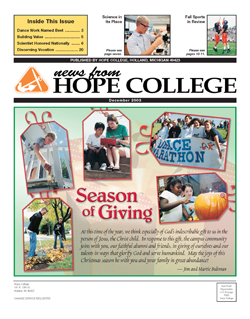
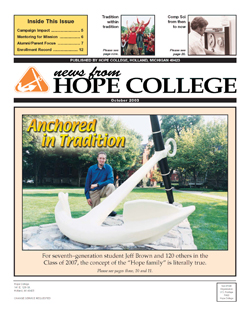
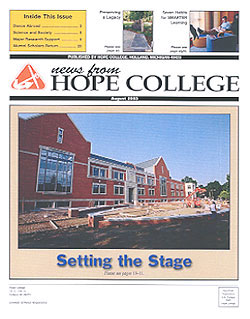
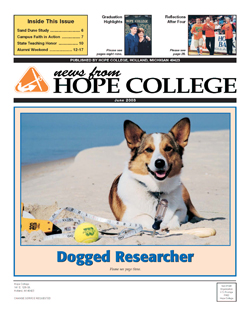
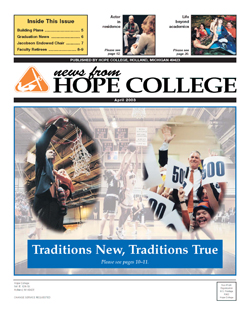
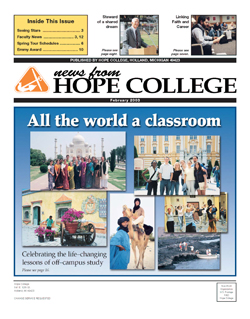


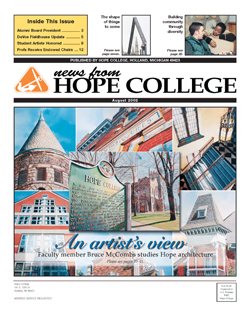
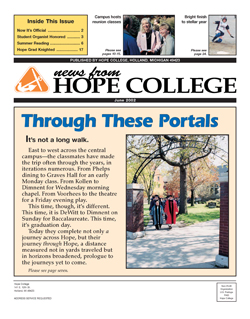
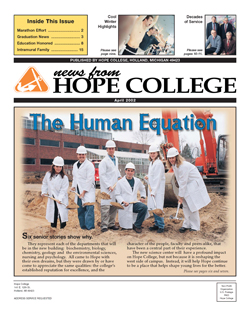
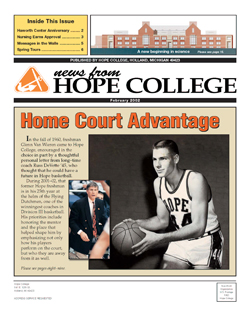
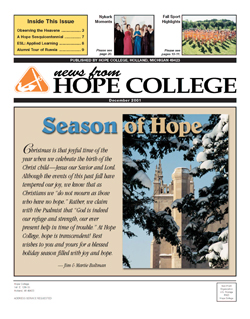
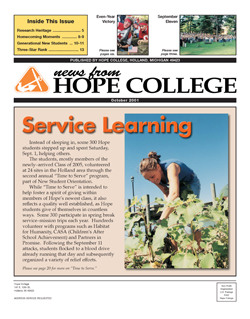
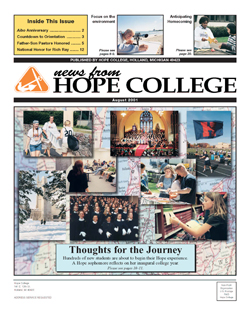
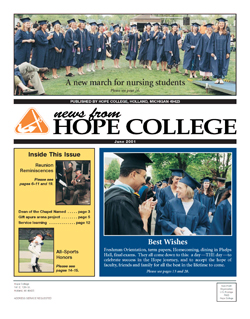

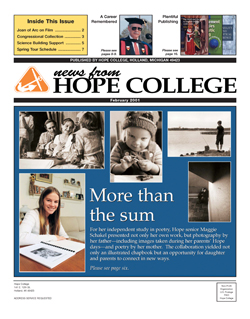
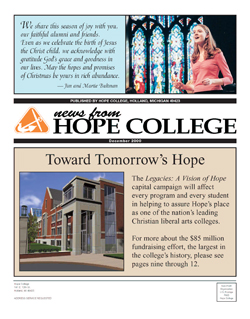
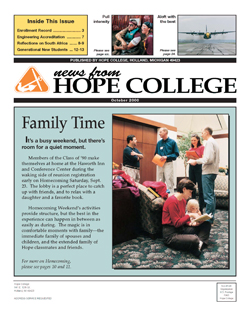
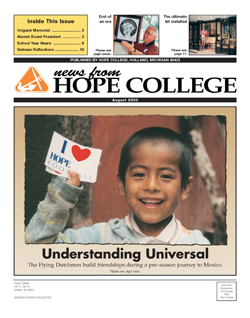
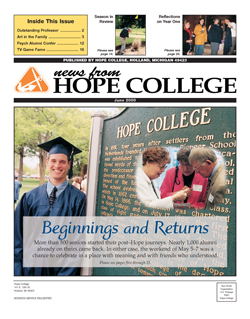
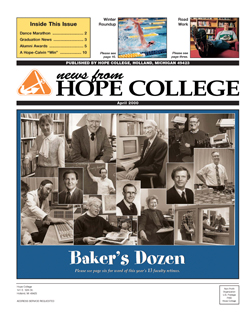
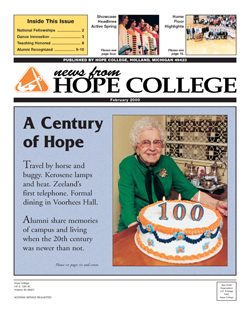
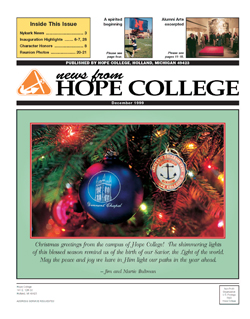
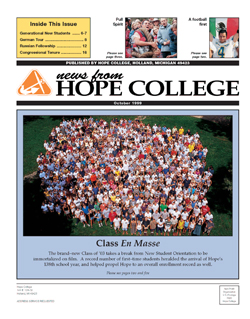

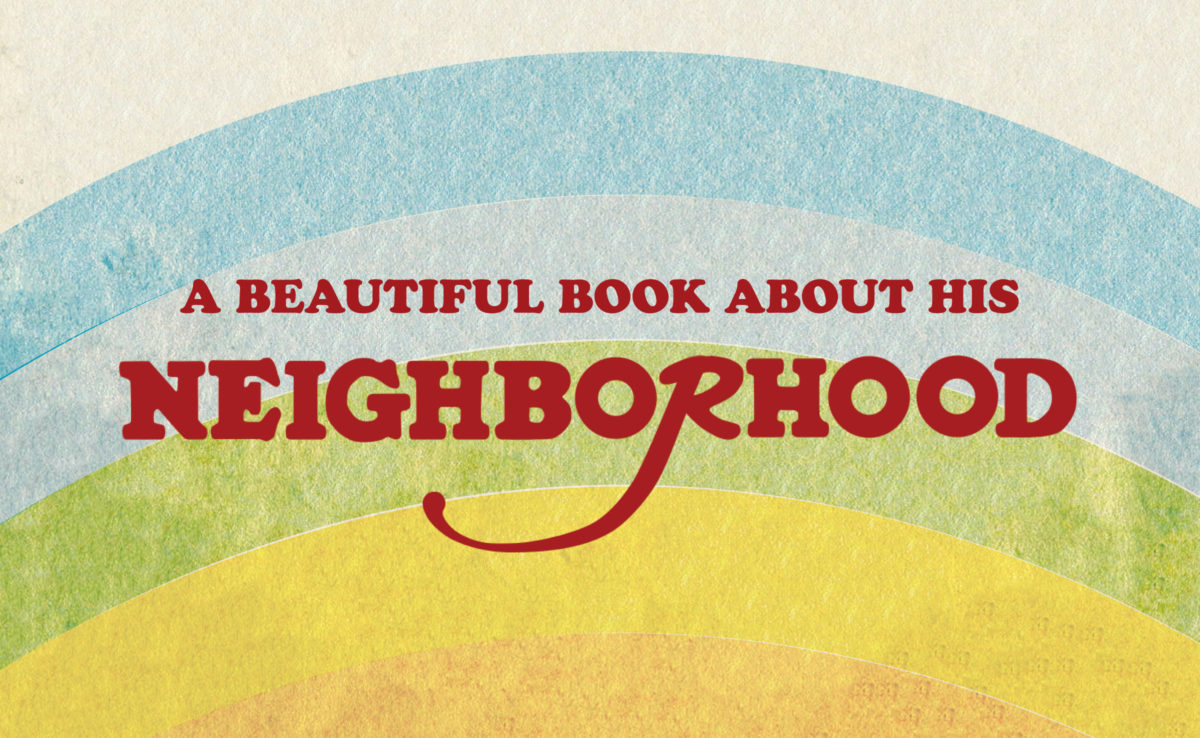
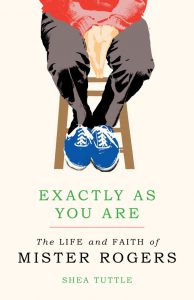

One thought on “A Beautiful Book About His Neighborhood”
Comments are closed.